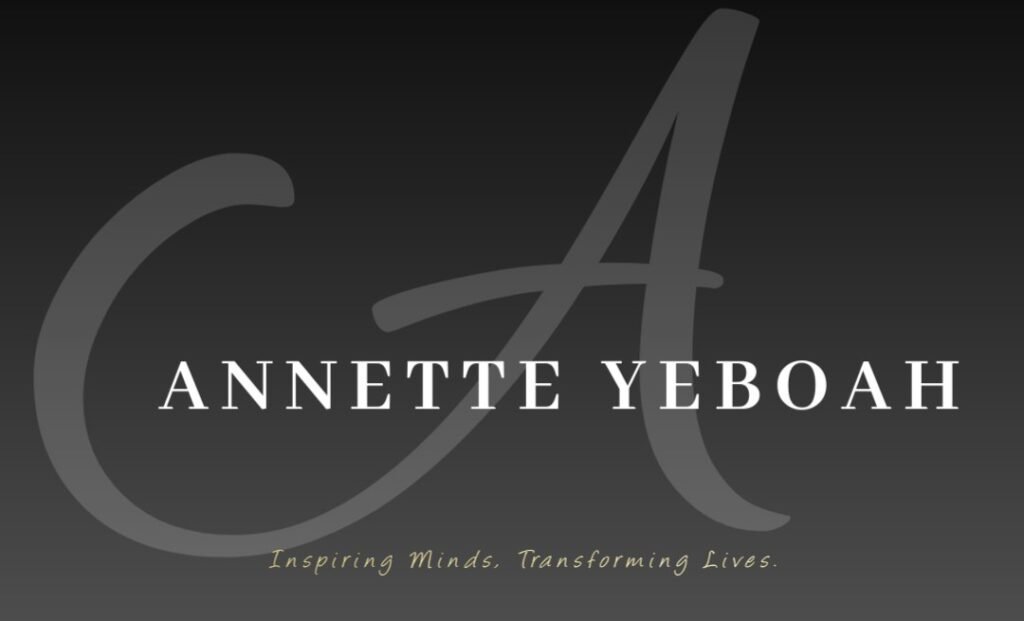Are We Too Focused on the Present Instead of Building a Legacy?
It is a fair question. A question many of us do not pause to ask. Life today is very fast. We get our news in headlines, our opinions in tweets, and our validation in likes and shares. Convenience drives our decisions. Trends dictate our pace. And most of our goals are set on timelines that rarely stretch beyond five or ten years.
We live in the moment. But what if we have become trapped in it?
To ‘think beyond your generation’ is to resist this pressure. It means stepping back from the noise and asking: What am I building that will still matter long after I am gone? It is about considering the impact of your choices not just on your life but on lives yet to come.
This is not about wealth, fame or massive influence. It is about vision, responsibility, and a kind of wisdom that sees your role in a much longer story. Because the truth is, someone will live with the ripple effects of your life. The only question is whether you are doing that on purpose.

Why We Struggle to Think Beyond Our Generation
Short-term thinking is comfortable. It makes us feel efficient and in control. It offers quick answers and visible results. And for a world addicted to speed, it is an easy sell.
We are trained to measure progress in snapshots. In school, the focus is on grades. At work, it’s about deadlines. And for many of us, life becomes a to-do list where the goal is just to get to the next thing. But somewhere in that constant sprint, we lose our sense of the bigger picture.
The systems around us reinforce this too. Capitalism rewards quarterly earnings over generational stability. Politics often favours election cycles over long-term solutions. Social media rewards what is viral over what is valuable. Even our personal goals; fitness, finances, and career often focus on what can happen in the next 30, 60, or 90 days.
But this way of thinking comes at a cost. When we are only focused on today, we tend to sacrifice what is meaningful for what is immediate. We make choices that might feel right in the moment but could harm others later. We prioritize efficiency over sustainability, popularity over principle, and convenience over legacy.
That is not because we are bad people. It is because we are overwhelmed and under-reflective. But it is worth asking: What if the most important things you will ever do will not benefit you directly?
What It Means to Truly Think Beyond Your Generation
Thinking beyond your generation is not about predicting the future with certainty. It is about caring enough to prepare for it.
It is the difference between consuming and contributing. Between rushing and rooting. Between living as if the world ends with you and living as if you are part of something much longer and larger.
This mindset invites us to think relationally, not just personally. You are not an endpoint; you are a bridge. A link in a chain. Your life, values, work, and choices do not just affect you. They create momentum, systems, patterns, and beliefs that ripple outward.
Ask Yourself:
- What will my children inherit not just in material things, but in habits, attitudes, and ways of thinking?
- What kind of workplace or neighbourhood am I helping to shape?
- What will the people I mentored or influenced go on to do and what seeds did I plant in them?
Thinking generationally reframes success. It shifts the focus from status to significance. From accumulation to contribution. From control to legacy.
And most importantly it asks us to live with others in mind. Not just others now, but others later.
Examples of Thinking Beyond One’s Time
History remembers names like our very own the Lord Jesus Christ, Dr Kwame Nkrumah, Martin Luther King Jr., Rosa Parks, Mahatma Gandhi, and Nelson Mandela but not just because they lived in their time. We remember them because they lived beyond it.
They made decisions that were not just about survival or comfort. They made choices that cost them something in the present so others could gain something in the future. Their sacrifices were not just symbolic. They were deeply practical, deeply personal, and deeply generational.
But it is not just about heroes. Think about the teacher who inspired a child to believe they mattered. That child grew up and did something meaningful maybe even life-changing. That is legacy.
Think about immigrants who left everything behind to give their children a better life. Or environmentalists who planted trees or fought for clean air they had never breathe. Or researchers who spent their lives on studies that would not show results for decades.
These people understood something simple: legacy is built in quiet, consistent acts of courage.
The catch? You do not always get to see the results. But that does not mean the work was not worth it. It just means your story does not end with you.
How to Start Thinking Beyond Your Generation Today
1. Ask Long-Term Questions
Train your mind to go beyond the immediate. When making decisions, pause to ask:
- What will this choice mean in 10 years?
- How will it affect others not just today, but later?
- Am I solving a problem or creating a new one?
Even personal habits like how you handle conflict, manage time, or spend money can create ripple effects beyond what you realize.
2. Build What Outlasts You
Material things break down. Applause fades. But relationships, ideas, and values endure. Start putting your energy into what has staying power:
- Share your values with the next generation.
- Write down what you have learned; your wins and your failures.
- Support causes and movements that are planting seeds for the future.
3. Mentor and Multiply
You cannot control the future, but you can help shape the people who will live in it. Whether it is your kids, students, neighbours, or co-workers invest in them. Teach what you have learned. Encourage curiosity. Help others think critically and compassionately.
Legacy is not about what people remember about you. It is about what lives on through them.
4. Prioritize Sustainability
This applies to more than just the environment. Sustainable thinking means making decisions that do not burn you or others out.
- In your work, avoid cutting corners for short-term gain.
- In your relationships, nurture trust over quick fixes.
- In your leadership, choose systems that empower others long after you are gone.
5. Practice Generational Gratitude
Remember those who came before you. Who built the road you walk on? Who gave, taught, or sacrificed so you could have what you do?
Recognizing the legacy, you have inherited helps you take your own legacy seriously. It shifts your mindset from entitlement to stewardship.
Why This Mindset Matters Now
We are facing some of the most complex challenges of any generation, climate change, political division, social inequality, mental health crises, digital overwhelm. None of these problems will be solved overnight. And many of the solutions will require sacrifice, vision, and collaboration.
In a world obsessed with the now, thinking long-term is a rebellious, necessary act.
We cannot afford to keep patching cracks and ignoring the foundations. The next generation is watching and waiting. And what we normalize now becomes their starting point.
- If we prioritize empathy, they will inherit a kinder culture.
- If we prioritize truth, they will inherit trust.
- If we prioritize courage, they will inherit the strength to face their own storms.
But if we stay stuck in the moment, they will inherit our mess.
We cannot control everything. But we can control what we pass on.
And that begins by choosing to live today in a way that honours tomorrow.
Conclusion: What Are You Building That Will Outlast You?
The truth is, everyone leaves a legacy. The only question is whether you will do it by design or by default.
To think beyond your generation does not mean you have to have it all figured out. It just means you choose to live with a bigger picture in mind. You stop asking, ‘What is in it for me?’ and start asking, ‘What will I leave behind?’
You do not have to be famous. You do not need a stage. You just need the courage to care deeply, consistently, and intentionally.
So, start where you are. Look beyond your timeline. Live in a way that plants something solid and something meaningful for people you may never meet.
Because even if they never know your name, they will still feel your impact.





